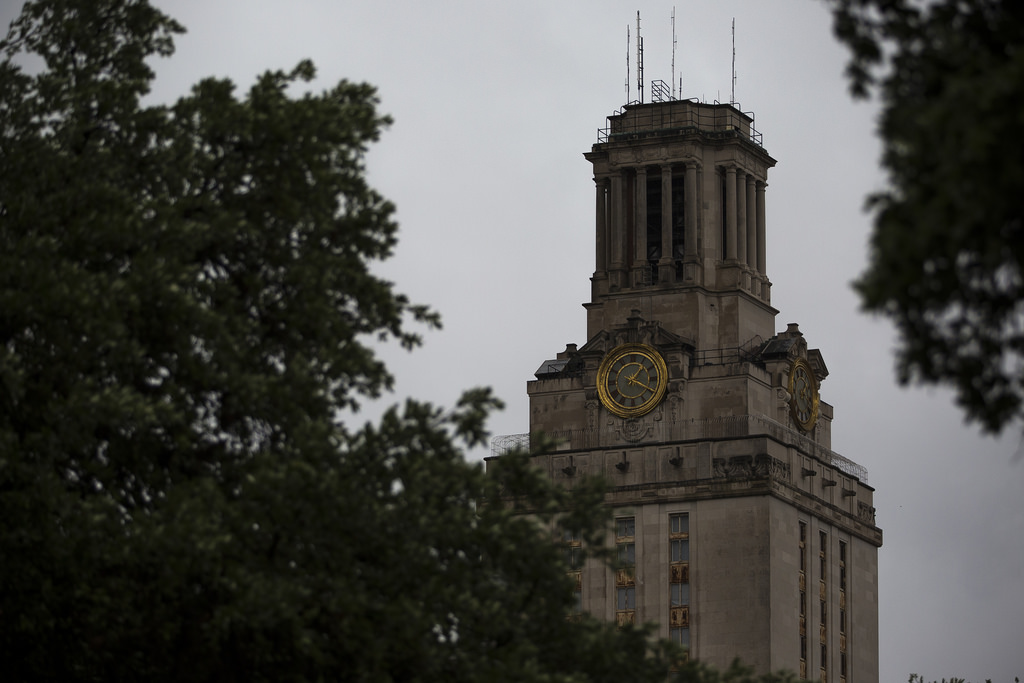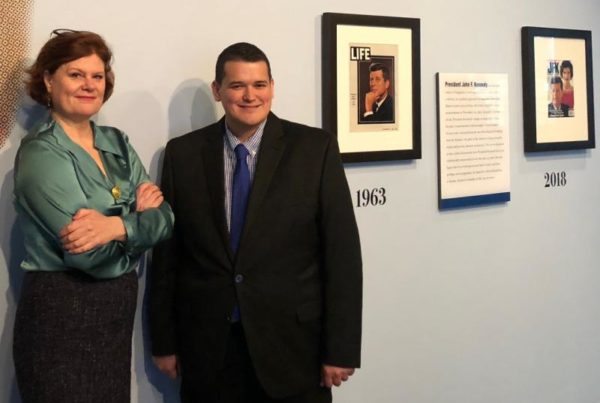Suvi Orr’s résumé is impressive. It includes a doctorate in organic chemistry, and now, a senior job at Pfizer. But her alma mater, the University of Texas at Austin, has twice tried to rescind her doctoral degree because of allegations that she falsified the data used to support her dissertation.
Now, a judge has ruled that the university overstepped its bounds in trying to take away Orr’s degree. Scott Jaschik, editor in chief of Inside Higher Ed, says UT’s allegations are serious, but that Orr has said she her actions weren’t intentional.
“She doesn’t seem to be disputing that the data were not correct. But she is saying she didn’t falsify anything, and that she misread the data in what she would characterize as an honest mistake,” Jaschik says.
There’s also the matter of whether Orr’s dissertation committee is at fault for not catching the errors, and granting her a doctorate in the first place. But Jaschik says the committee would likely have assumed that Orr’s data was good by that point in the process.
“Generally, there is an expectation that if they are at her dissertation defense, that they believe she has good data. … Their assumption is good faith, and that they find her conclusions reasonable,” Jaschik says.
Orr is also claiming that UT didn’t give her a fair chance to defend herself against the university’s claims.
“Texas didn’t fairly consider her arguments,” Jaschik says. “Texas is saying it did … but are they following due process at a public institution like the University of Texas? Are their procedures being carried out fairly?”
Some universities have internal processes for revoking doctorates, Jaschik says, but this ruling is saying that Texas law prevents universities in that state from doing so without going through the courts.
Jaschik says revocations can have detrimental effects on a person’s career.
“Many people who earn Ph.D.s … are hired, in part, on the basis of having a Ph.D., so it is, in fact, a big deal,” Jaschik says.
For UT’s part, it argues that universities have the jurisdiction to make academic decisions, including who earns a degree, Jaschik says. It argues that courts should only get involved if there is an accusation of unfairness or a denial of due process.
“[Orr] is clearly going to fight this, and thus far, so has UT,” Jaschik says.
Written by Brooke Reaves.
















